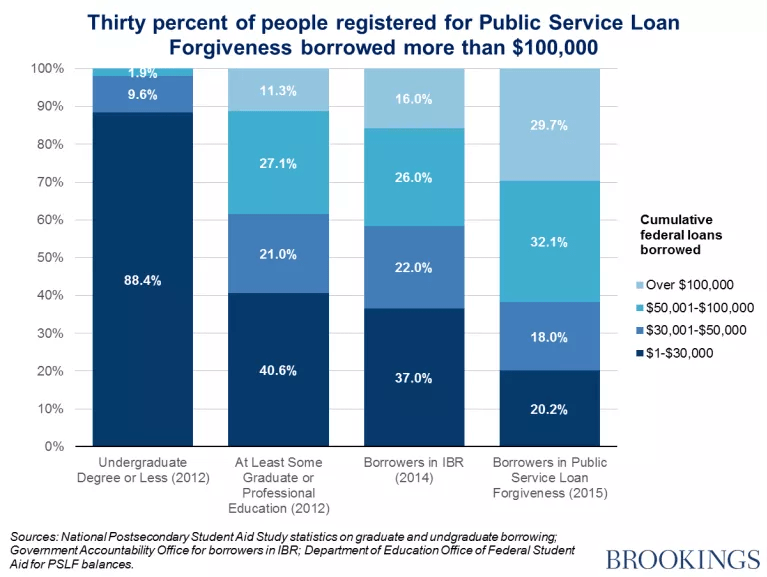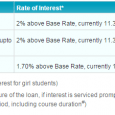
If you’ve managed to get an admission in a top-notch college, there is a good possibility that banks are more than happy to give you an education loan.
In fact, many lenders maintain pre-approved loan list for certain colleges, institutes and courses, they prefer to fund those candidates who secure admission in those collages. But, what if you are unfortunate and don’t make it to the top-notch course or college? What if you are forced to get an admission in a second grade college or an unconventional course, or an admission in a unrecognised university abroad? Getting a loan in such a case would not be an easy task, not with the most popular lenders, such as private, public or foreign banks at least. But, in such a case, cooperative banks, might just work for you. To know more, read on.
Cooperative banks-scheduled urban cooperative banks or state cooperative banks-nowadays offer different types of loans, including education loans. And, if you are a member of the cooperative, getting a loan for your specific circumstance is easier as they run for the benefit of its members.
Be a member to avail a loan: If you are looking for an education loan, you will have to be a member of the cooperative. That is not difficult at all. “To be a member, you have to buy shares worth at least 2.5 percent of the loan amount, or a maximum amount of Rs 25,000. This amount earns a return as well. Last year, we gave a dividend of 20 percent,” an official of Saraswath Cooperative Bank told Firstpost. In short, you will have to shell out the initial Rs 25,000 to buy the shares worth Rs 10 each to become a member. Only after you become a member of a co-operative bank, will you be able to take a loan. And, you don’t have to continue being a member, once you’ve paid off the loan, you can sell the shares to the bank itself. In fact, if your loan requirement is of a lower amount, you can even buy a few nominal shares of a few hundred rupees.
Finer details
Amount: Just like private and PSU banks, cooperative banks too allow you to borrow a maximum of Rs 20 lakhs. In fact, they offer you an education loan for studies in India as well as abroad. In fact, this amount is more than a few private sector banks. (For instance, HDFC Bank offers a maximum amount of Rs 15 lakh.) Keep in mind, as compared to commercial banks, cooperative banks give up to 85 percent of the total loan amount. Take for instance, Dombivilli Nagrik Sahakari Bank needs a margin of 10 percent. But with cooperative banks, you might just get funded for the whole tuition fees, as well as related expenses. Of course, a few cooperative banks do ask for margin money.
Interest rate and fees:If you go by interest rates, the rates which you get are at par with commercial banks. In fact, as of now the rate of interest across lenders is in the range of 11 percent to 16 percent. But keep in mind that a few cooperative banks also offer fixed as well floating rate. Cooperative banks may charge a slightly lower processing fee than private and foreign lenders.
Take for instance, Saraswat Bank, which does not charge processing fee for loans for studies in India. For studies abroad, they charge 0.5 percent of the loan amount. While, HSBC Bank’s website says the bank charges a processing fee of 1 percent of the loan amount applied for, subject to a minimum of Rs 5,000 plus service tax. This fee is payable on application and is not refundable. But, there is also a good possibility that cooperative banks do not charge you with a processing or prepayment fee. But some banks do charge, and if you’ve had a longer relationship with the cooperative, they might give you a prepayment fee waiver totally. Fee waivers really depend also upon your capacity to negotiate as well.
So, if it’s a second rung college in India or an unconventional course abroad, a diploma course or unrecognised course, cooperative usually are more open to offer educational loans to its members. Of course, a good credit history too plays an important part.
Now that you know, more about cooperative banks, go ahead and visit their website or walk into the branch, they will be more than happy to guide you, that too in your own language.
[Source:- Firstpost]




